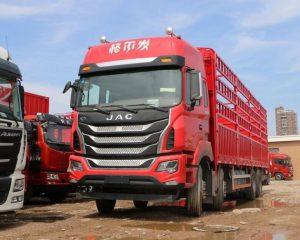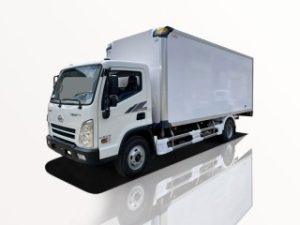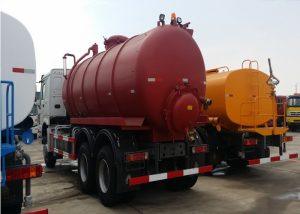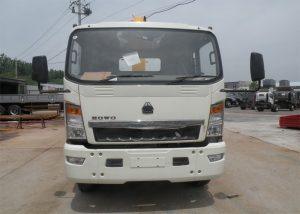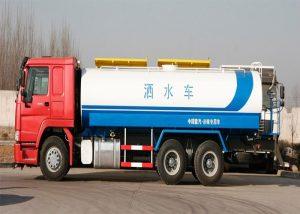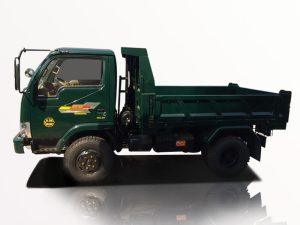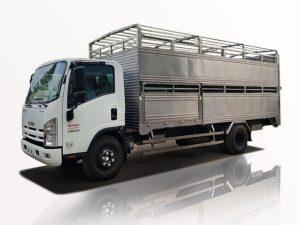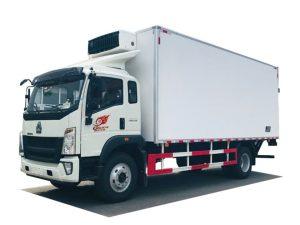Monday to Saturday - 8:00 -17:30
Mini Pumper Fire Truck for Sale: The Ultimate Guide
When it comes to fire safety, having the right equipment can make a crucial difference. A mini pumper fire truck is an invaluable asset for small communities, volunteer fire departments, and industrial facilities. This article serves as a comprehensive resource on mini pumper fire trucks for sale, covering everything from their features to purchasing tips and maintenance recommendations.
What is a Mini Pumper Fire Truck?
A mini pumper fire truck is a compact firefighting vehicle that provides essential services in a variety of scenarios. These vehicles are designed for quick response times and efficient handling in tight spaces. Mini pumpers come equipped with water tanks, pumps, hoses, and storage for firefighting tools and equipment.
Key Features of Mini Pumper Fire Trucks
- Size: They typically range from 1,000 to 2,500 gallons.
- Water Pump: Usually have a pump capacity of 500 to 1,500 gpm (gallons per minute).
- Versatility: Suitable for both urban and rural firefighting needs.
- Accessibility: Can navigate narrow streets and off-road areas effectively.
Types of Mini Pumper Fire Trucks
1. Traditional Mini Pumpers
These are the standard models used by many fire departments. They provide a reliable source of water and supplies while being small enough to maneuver easily.
2. Specialty Mini Pumpers
Specialized for industrial use or specific firefighting scenarios, these trucks may include features like foam systems or advanced pump controls.
3. Wildland Fire Pumpers
Designed specifically for fighting wildfires, these trucks often include enhanced water storage and specialized nozzles to deal with challenging conditions.
Benefits of Mini Pumper Fire Trucks
Greater Maneuverability
Mini pumpers are smaller and lighter than traditional fire trucks, allowing them to reach areas that larger trucks cannot, such as narrow streets or densely populated neighborhoods.
Cost-Effectiveness
When compared to larger fire trucks, mini pumpers are significantly less expensive to purchase, maintain, and operate, making them an attractive option for smaller municipalities and volunteer departments.
Quick Response Capabilities
Mini pumpers can be deployed rapidly, enabling firefighters to respond promptly to emergencies, which can save lives and property.
Where to Buy Mini Pumper Fire Trucks
1. Fire Truck Dealerships
Many dealerships specialize in firefighting equipment and offer a selection of new and used mini pumper fire trucks. Look for reputable dealers with good reviews.
2. Online Marketplaces
Websites like eBay, FireTruckMall, and GovDeals can offer competitive pricing for both new and used fire trucks. Always verify seller credibility and the condition of the vehicle.
3. Auctions
Local and national auctions can feature mini pumpers at reduced prices. Attending such events can lead to significant savings.
Factors to Consider When Purchasing a Mini Pumper Fire Truck
1. Budget
Determine your budget early on. Costs can vary significantly based on age, condition, and additional features of the truck.
2. Condition
When purchasing a used mini pumper, ensure a thorough inspection is conducted to assess its operational condition and any needed repairs.
3. Features and Specifications
Evaluate the specific needs of your department or agency. Consider water capacity, pump type, and additional equipment storage when choosing a mini pumper.
4. Manufacturer Reputation
Research different manufacturers and their vehicles. Choose models known for reliability and durability.
Maintenance and Care for Mini Pumper Fire Trucks
1. Regular Inspections
Conduct routine maintenance checks to ensure all components are functioning correctly. This includes pumps, hoses, and electrical systems.
2. Cleaning
Regular washing and cleaning of the exterior, as well as routine maintenance of the interior equipment, will extend the life of your mini pumper.
3. Documentation
Keep detailed records of any maintenance and repairs performed on the vehicle. This documentation can be helpful for resale or warranty purposes.
Tips for Effective Use of Mini Pumper Fire Trucks
1. Training
Ensure that all personnel are adequately trained in the operation of the mini pumper, including pump operation, hose deployment, and equipment use.
2. Set Protocols
Establish clear protocols for deployment and emergency response to maximize the efficiency of your mini pumper during an emergency.
3. Community Collaboration
Work with local agencies and community members to raise awareness about fire safety and the capabilities of your mini pumper, helping to build trust and support.
Real-Life Examples of Mini Pumper Fire Trucks in Action
Example 1: Small Town Fire Department
A small town in rural America employed a mini pumper fire truck to combat wildfires that threatened nearby homes. The compact size allowed them to maneuver through tight trails and effectively deploy water and foam systems.
Example 2: Industrial Facility
An industrial plant introduced a mini pumper into their fire response strategy. The truck equipped with specialized foam systems proved crucial in extinguishing chemical fires without causing additional hazards.
Cost of Mini Pumper Fire Trucks
Pricing Overview
| Type of Mini Pumper | Average Price Range |
|---|---|
| New Mini Pumper | $200,000 – $300,000 |
| Used Mini Pumper | $50,000 – $150,000 |
| Refurbished Mini Pumper | $75,000 – $200,000 |
FAQ
1. What is the difference between a mini pumper and a regular pumper truck?
A mini pumper is smaller and designed for quick response in tight spaces, while regular pumper trucks are larger with more water capacity and equipment storage.
2. How do I determine the right water capacity for my needs?
Assess your service area, typical emergencies, and available water sources to choose an appropriate water capacity for effective firefighting.
3. Are mini pumpers suitable for urban firefighting?
Yes, mini pumpers are highly effective for urban areas due to their maneuverability, allowing access to narrow streets and crowded locations.
4. How often should mini pumpers be serviced?
Regular servicing should be done at least once a year or whenever substantial maintenance is needed. More frequent checks may be necessary depending on usage.
5. Can I modify my mini pumper after purchase?
Yes, many fire departments customize mini pumpers to better fit their specific needs, including adding equipment storage or specialty firefighting systems.
6. What training is needed for mini pumper operations?
Train personnel on vehicle operation, pump functionality, safety protocols, and emergency response procedures to ensure effective use in emergencies.


